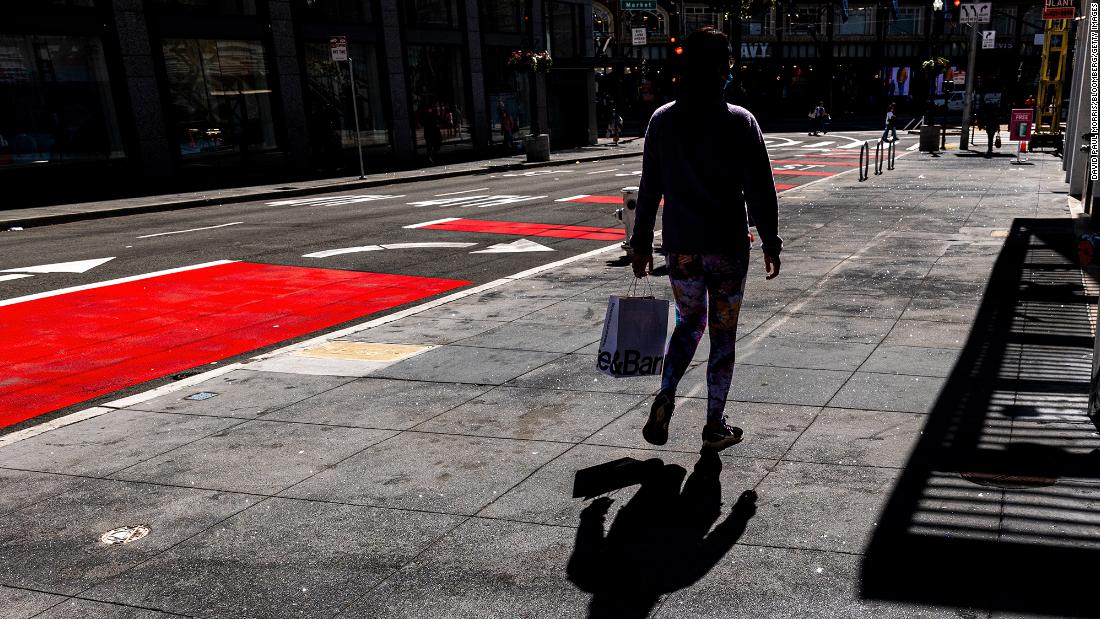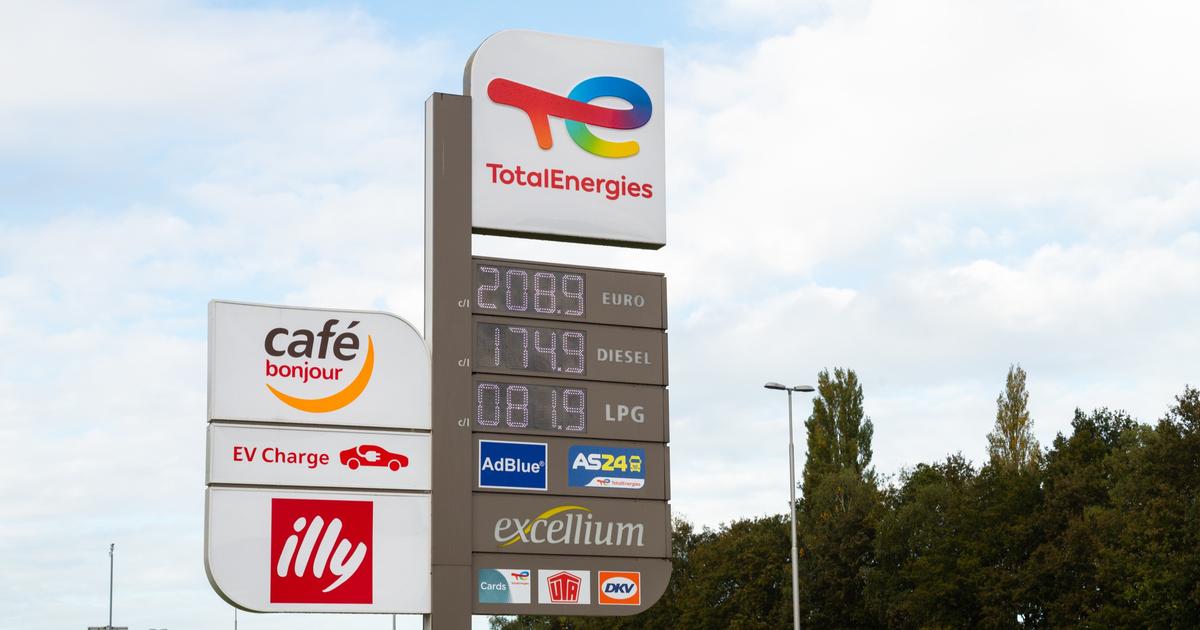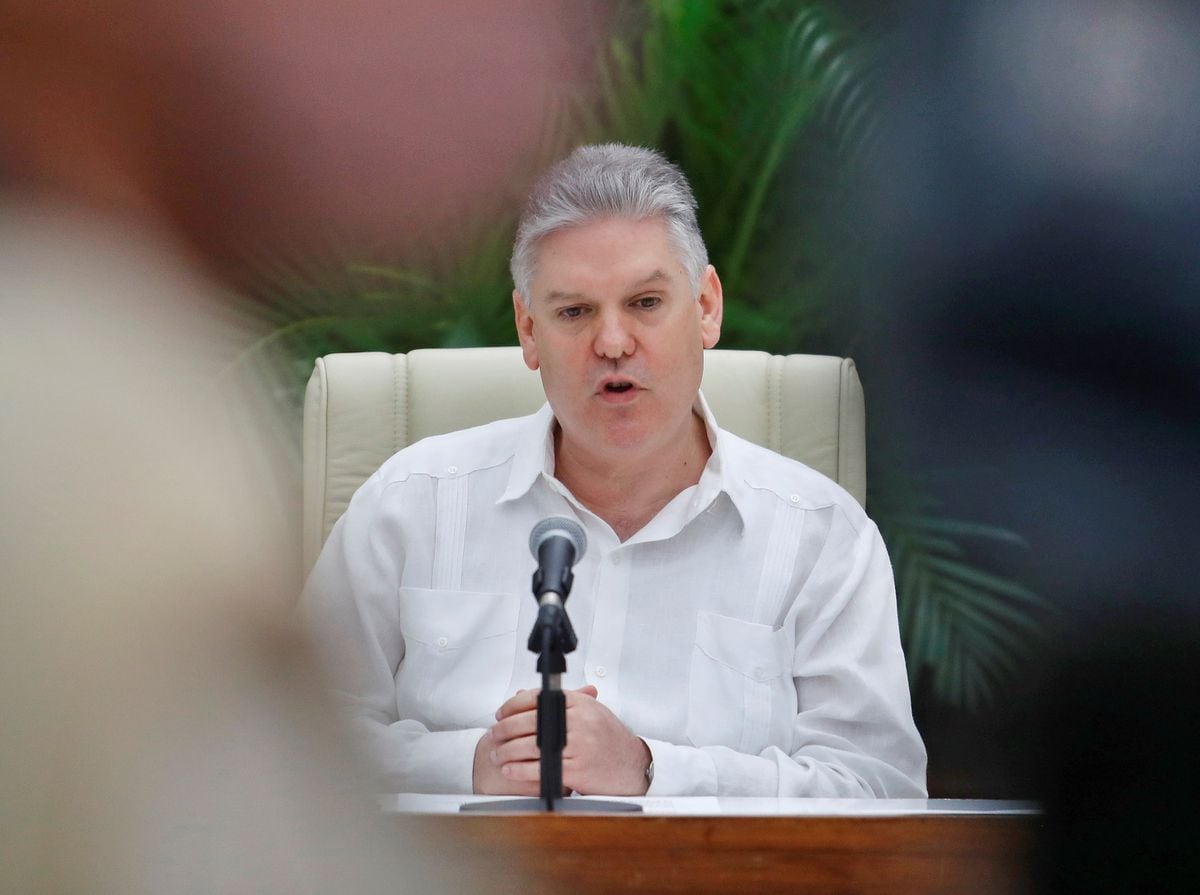Could the US be on the verge of a recession?
This is what analysts say 2:26
New York (CNN) --
The economic recovery from Covid-19 stumbled in the first quarter, but that doesn't mean a recession is imminent.
Gross domestic product (GDP) unexpectedly fell at an annual rate of 1.4% during the first three months of the year, the worst quarter for the US economy since the pandemic destabilized the world in the spring of 2020.
However, economists say Thursday's ugly and confusing GDP report is neither a reason to panic, nor a harbinger of an immediate recession.
GDP was hit by temporary factors, most notably a huge trade deficit due to supply disruptions, which mask the underlying strength of the economy.
What is a recession and when should we worry that one actually exists?
"The negative GDP number is a surprise, but not a material one," Moody's Analytics Chief Economist Mark Zandi told CNN in an email.
"The economy continues to grow strongly and at a rate that continues to reduce unemployment."
The US economy will return to growth during the second quarter, according to RSM Chief Economist Joe Brusuelas.
"There's no doubt about it," he said.
"This is noise, not signal," Pantheon Macroeconomics chief economist Ian Shepherdson wrote in a report.
"The economy is not slipping into recession."
advertising
Consumers and businesses are spending
Although the headline GDP figure was gloomy, there were clear highlights.
Consumer spending, the main engine of the US economy, accelerated during the first three months of the year.
Personal consumption expenditures increased at an adjusted annual rate of 2.7%, compared to 2.5% in the last quarter of last year.
"Although GDP fell in the first quarter, the US economy is not in a recession. Underlying demand remains strong and the labor market is in excellent shape," PNC Chief Economist Gus Faucher wrote in a report.
"Growth will resume in the second quarter."
Trade makes GDP negative
However, many of the positive aspects were offset by one-off factors.
In particular, imports soared during the first quarter as US supply was unable to meet rising demand.
This increase in the trade gap subtracted 2.5 percentage points from GDP.
This means that "the increase in imports accounted for more than all of the decline in GDP," Goldman Sachs said in a note, adding that this "likely reflected strong domestic demand" as well as some concentration of Ukraine-related imports.
Why global supply chain disruptions keep getting worse
Beyond trade, GDP was affected by business closures in the wake of the wave of the omicron variant of the coronavirus and the decline or termination of aid to businesses and households due to the pandemic.
Another factor: companies added to their inventories, but at a slower pace than the unsustainable rate of the fourth quarter of last year.
That also detracted from GDP.
"I'm not worried about the recession," President Joe Biden said Thursday, referring to the latest GDP report.
"We also had, last quarter, consumer spending and business investment and residential investment rising at a significant pace, both for leisure and durable goods."
"I think ... what's taking place is tremendous growth in the country that was affected by everything related to Covid-19 and the closures that happened along the way," he said.
Inflation, war and closures pose risks
Although the GDP report is not a cause for panic for the current economy, there are risks on the horizon, and the possibility of a recession in 2023 or 2024 has increased.
Deutsche Bank warns 'major recession' looming
The biggest problem is that inflation is very high, which raises fears of a scenario of ups and downs.
And what is worse, the prospects for prices to cool down are clouded by the covid lockdowns in China and the war in Ukraine.
High inflation has forced the Federal Reserve to contemplate the biggest interest rate hikes since 2000, meaning the costs of home loans, credit cards and car loans will rise.
And those looming interest hikes are designed to slow the economy.
Recession














/cloudfront-eu-central-1.images.arcpublishing.com/prisa/B7F2F3HZ2JCUHDZJKAGKAXXPSU.jpg)